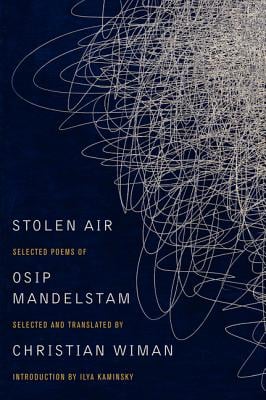I am a person of new year resolutions. I treat the new year as an opportunity to remind myself of the worthiness of my goals and to resuscitate good habits that have fallen away.
This year, I recommit to reading a book each week, a practice I started after finishing my doctorate. It’s a challenging goal for me to achieve, especially since the invention of smart phones. Although, I persevered my first years with an iPhone. I carried within me a palatable awareness of the transformational impact a good book can have. That feeling of being changed by a well-thought idea, an engrossing fictional world, or simply the novel use of language was the impetus that kept me seeking more books that might alter my life.
Yet having a portable device with access to so many distractions eventually had a corrosive effect on my desire to read books. Especially since the 2016 US elections, and all that has unfolded since then — insurrection, viruses, wars, ecological crises, mass shootings, and more (including book banning) — led to more time anxiously scrolling newsfeeds and less time for the more challenging and rewarding experience of reading a book.
And here we are again: another presidential election year, although this time half of humanity live in countries holding national elections. This time, the threats to democracy are all too clear, along with the threats to a rapidly fracturing world. Yet we are also increasingly aware of what is needed for lasting change: compassion, collaboration, humility, willingness to change, hard work, commitment to fairness, and protection of the most vulnerable, including unborn generations that will inherit this planet from us. Good books will no doubt be instrumental for building a better world.
Despite my urge to vigilantly monitor events as they unfold, I commit to reading a book each week with the long view in mind. I hope you join me. Not to be alarmist, but too much digital media has been shown to increase the risk of developing ADHD symptoms by nearly 10 percent. Book reading just might be the magic bullet for increasingly short attention spans and poor impulse control. The best books also remind us both how unique and universal is the experience of being alive and help us find ourselves at home among the many.
This week’s book:
Stolen Air: Selected Poems of Osip Mandelstam
Selected and Translated by Christian Wiman
Introduction by Ilya Kaminsky

Osip Mandelstam (1891 – 1938) was a Russian poet and critic of Joseph Stalin and his totalitarian regime. For his criticisms, Mandelstam was arrested, exiled, and eventually died from typhoid fever at a transit camp. This was during the Great Purge when more than a million were imprisoned and almost 750,000 executed.
Mandelstam’s poetry is sometimes halting in its beauty, other times devastating in its descriptions of what it is like to live with fear, rage, resentment, starvation, loss, as well as love during times when speaking your truth can get you killed. It was heartbreaking to imagine how oppressed and urgent his life must have felt.
Mandelstam’s poetry is eloquent, absorbing and startlingly original. He is to Russian poetry what Tolstoy is to Russian literature. The following is from “Casino”:
Wind-tousled cloud, cloud-tousled chance,
Deep in the unseen an anchor drops, and clings.
O my lilting, my light-sheer, my linen existence:
As of another nothing floating over things.
The collection begins with a wonderful introduction by Ilya Kaminsky that gives details of Mandelstam’s life and poetry. Kaminsky also lauds this translation by Christian Wiman as possibly the best of Mandelstam’s works.
